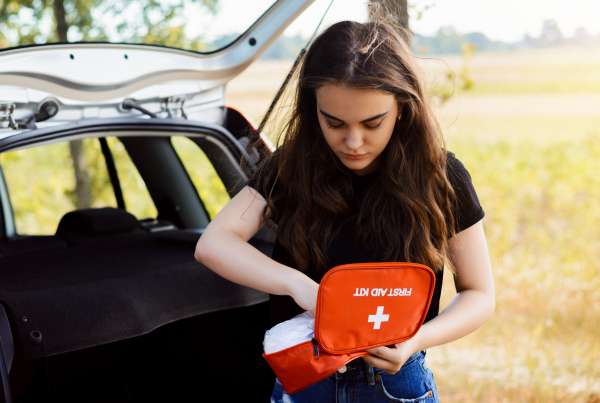Mental illness is a frequent partner of substance abuse and addiction, although the cause-and-effect between the two isn’t always clear. However, the issue is a prevalent one that needs to be considered anytime treatment is sought for substance abuse, because diagnosing both correctly is a key component to a healthy recovery process. There are a number of different types of mental illnesses that are often seen in combination with substance abuse and addiction.
Depression
Depression is one of the most common mental illnesses associated with substance abuse. In some cases, substances may be used to mask the symptoms of depression. Other times, substance abuse may bring on the depression symptoms or make them worse. Symptoms of depression might include:
- Feelings of worthlessness or hopelessness
- Persistent feelings of sadness or guilt
- Loss of interest in or ability to enjoy activities
- Diminished energy levels and fatigue
- Difficulty thinking clearly or concentrating
- Changes to sleep or appetite
- Suicidal thoughts or ideations
Anxiety
Anxiety disorders are also a frequent problem for those struggling with substance abuse. There are different types of anxiety disorders, including obsessive-compulsive disorder, social anxiety and panic attacks. Substances may be used to lessen the symptoms at first, which often only serves to make the symptoms more intense over time. Symptoms of these conditions might include:
- Feelings of restlessness or nervousness
- Excessive and ongoing worry and tension
- Irritability and fearfulness
- Sweaty palms, racing heart, shortness of breath
- Headaches, dizziness or nausea
Attention-Deficit Hyperactivity Disorder
ADHD is a disorder often diagnosed in adolescents and frequently associated with substance abuse. This disorder is characterized by three basic components:
- Hyperactivity – difficulty sitting still, excessive talking, always seems to be “on the go”
- Inattention – disorganization, lack of focus, forgetfulness, distraction
- Impulsivity – impatience, blurting out answers, guessing instead of solving problems
Bipolar Disorder
Bipolar disorder, also known as manic-depressive illness, is a mental disorder characterized by extreme swings of mood and energy levels. During the manic phase, the individual exhibit the following symptoms:
- Excessive irritability
- Bursts of energy, requiring little sleep
- Distracted easily
- Engage in impulsive, high-risk behaviors
Manic phases are typically followed by depressed states, which may include the following symptoms:
- Extended periods of sadness or hopelessness
- Low energy, excessive fatigue
- Significant changes to appetite and sleep patterns
- Thoughts and ideations of suicide
When mental illness accompanies a substance abuse disorder, it is imperative to address both disorders simultaneously to give the patient the best odds for a successful recovery. At Visions Adolescent Treatment Centers, we are experienced in treating both of these conditions at the same time, a situation known as dual diagnosis. Our team of healthcare professionals is equipped to work through both disorders and give our patients the best odds of successful sobriety and improved mental health. To learn more about dual diagnosis or our treatment programs, contact Visions Adolescent Treatment Centers at 866-889-3665.







